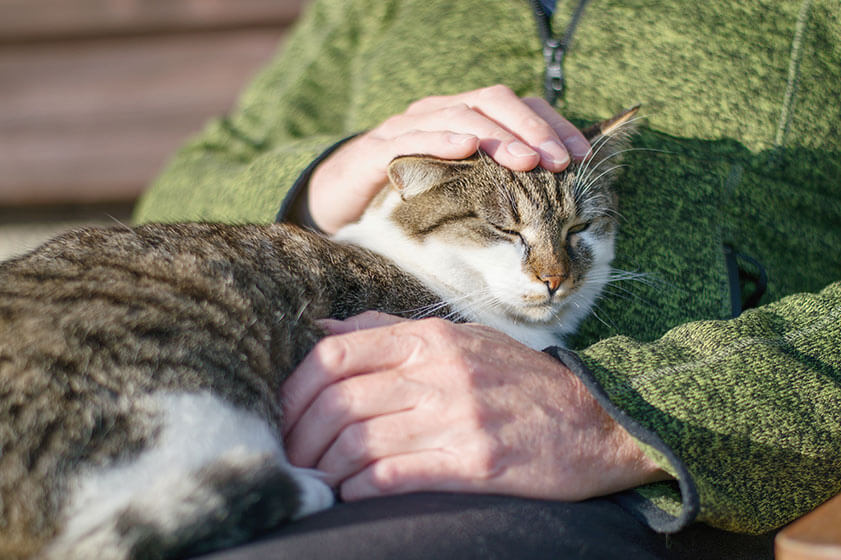Hobbies are an excellent way to relax and have fun after a long day at work, but they can also be necessary for your physical and mental health as you age. Studies show that people who have an active hobby or hobby group tend to live longer than those who don’t have an active hobby. Studies confirm hobbies do matter, even if you’re no longer in your 20s or 30s when it comes to maintaining happiness and health in your golden years. The best part? Hobbies don’t have to be expensive or strenuous (though they can be). If you feel like getting started on a new hobby, here are great reasons why you should have one as an older adult.
Working the Brain
The human brain can continue learning new things until it’s physically unable. Recent research on rats shows that neurons in a rat’s brain may be rejuvenated as much as a younger animal. Other studies have shown that some people may even have higher cognitive abilities as they get older. Having a hobby can help you learn new skills and strengthen your brain so you’ll stay mentally sharp well into old age.
Creative Outlet
Many hobbies can help you to learn new skills or abilities. Learning something new may seem intimidating, but give it a try, and don’t be afraid to make mistakes. Just like anything else, practice makes perfect! Not only will your hobby provide you with a creative outlet, but it will also increase your social circle and help you to feel less alone as an older adult.
An Opportunity to Socialize
Taking up a hobby can offer you a chance to socialize with others in your community. It’s often easier to meet people when there is a common interest. For example, if you are interested in learning pottery, joining a local pottery class may help you meet new people who share your interests. Being involved in any activity that requires interaction will likely help you feel connected and valued in your community, leading to new friendships that could last for years!
An Avenue for Stress Relief
When you’re busy with a hobby, you have something to work toward. It can also help ease your stress. Hobbyists often report less depression and anxiety than those who don’t have a creative outlet. Hobbies can also help keep your mind sharp as you age by reducing your risk of developing Alzheimer’s disease or other forms of dementia. Other medical benefits include a lower risk of heart disease and better immune system functioning.
A Way to Improve Physical Health
Not only do hobbies provide many critical psychological benefits, but hobbies also improve physical health. Hobbies such as knitting or woodworking help keep older adults active and on their feet, which has tremendous positive effects on overall wellbeing.
A Better Sense of Purpose
Aside from giving older adults a sense of purpose, hobbies also help them pass the time or unwind. Many older adults find it challenging to maintain their identity after retirement, and having a hobby gives them something they enjoy that is wholly unrelated to work.





